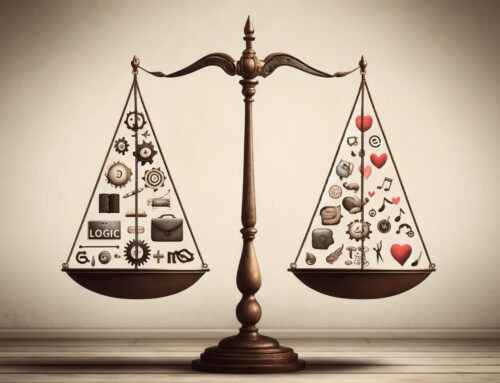The internet is freedom, but at what cost?
By Louis Eksteen
I love nothing more than to Netflix and chill. My first purchase on Amazon took place on 26 May 1997 and I’ve been with them ever since. I’m a bit off Facebook, but love Instagram to bits. WhatsApp is replacing email and some social media for me. I’m a committed devotee of the Apple ecosystem. Ever since my friend Pieter’s mom imported an early Apple Macintosh in the mid-eighties and we endlessly played its “video” games we had never experienced before, I’ve been a loyal fan. Of the FAANGs I like Google least, but I can’t work properly without G Suite.
So ja, Facebook, Apple, Amazon, Netflix and Google have collectively permeated my existence completely, alongside Microsoft of course. (At The Toast we depend on Microsoft Azure to help us run our hyper fast real time mobile first automated Altum auction systems with true low latency, so we’re super glad to welcome the two new Azure data centres to the southern tip of Africa.)
But even as these connection-enabled tech giants have made us feel as we’ve collectively achieved something, a niggling feeling of digital betrayal by our Cyber Overlords keeps nudging me to question their motives. It’s not pure, that much is for sure.
Profit before freedom
Naivety makes us think that when ginormous corporates say they exist for the common good, they really do. These giants shout their hollow Simon Sinek-esque “purposes” and agency created false “this is really why we exist” slogans from the rooftops of their monolithic “green” glass towers or space ship HQs with TED-hyped abandon, but we can’t completely trust them, can we? Not when they’re just in it for the money.
“Well, it’s one for the money
Two for the show
Three to get ready
Now go, cat, go!”
Blue Suede Shoes, Carl Perkins
Who is Big Brother now?
[In walk the drones]
“Today we celebrate the first glorious anniversary of the Information Purification Directives.
[Apple’s hammer-thrower enters, pursued by storm troopers.]
We have created for the first time in all history a garden of pure ideology, where each worker may bloom secure from the pests purveying contradictory truths.
Our Unification of Thoughts is more powerful a weapon than any fleet or army on earth.
We are one people, with one will, one resolve, one cause.
Our enemies shall talk themselves to death and we will bury them with their own confusion.
[Hammer is thrown at the screen]
We shall prevail!
[Boom!]
On January 24th Apple Computer will introduce Macintosh. And you’ll see why 1984 won’t be like ’1984.’”
Apple Macintosh 1984 commercial conceived by Steve Hayden, Brent Thomas and Lee Clow at Apple’s Chiat\Day agency and directed by Ridley “Blade Runner” Scott. Transcript courtesy of George Gollin, 1997
Our thoughts, sold to the highest bidder
From an early 2019 perspective it’s hard to imagine another tech-liberation ad such as Apple 1984, when ultra consumerism, “influencer” marketing (have you ever?) and the big new FAANG Brothers are so prevalent; snooping, inspecting, collating and selling every nuance of our gazillions of daily digital actions and interactions, literally to the highest bidder.
Digital ads on Facebook, Google, Amazon and the like are sold via automated auction to bidders, with the cost of the advertising determined by whomever is prepared to pay the highest price at any given time. Our attention is sold to the higher bidder.
When Netflix CEO Reed Hastings positioned his streaming service as ”a content company powered by tech” earlier this year, in anticipation of the what turned out to be a bit of a damp squib announcement of the Apple TV+ content thingamabob, he intimated his main competitor is not other streaming services, but other things people do with their time, such as playing the hugely popular real time game Fortnite. He’s also been known to say ”sleep is our competitor”.
So Netflix is in a never-ending competition for our time and attention, to keep us in the loop, to ensure we pay our monthly fix fees. At least they do not yet intrude with other people’s ads, only their own commercials disguised as auto-run previews, algorithm automated personalised content selections and email.
Convenience has a cost
What all this means is that our perception fields are distorted by FAANG and their ilk. We are cajoled into believing the digital services that now run our lives are mostly free because we often do not even have to pay over any cash directly to them to get the perceived benefits they provide (Google search, WhatsApp). In reality though, these services are becoming ever more intrusive as they data mine us into oblivion with increasingly smaller bits of saleable atoms of attention.
As mentioned I am a heavy user of a lot of these convenient, intrusive tools. But it’s good to remember they are certainly not free.
Convenience cost is measured in attention. And that’s a hefty intellectual price to pay.
Further reading for extra brownie points:
The People Who Hated the Web Even Before Facebook, from The Atlantic




